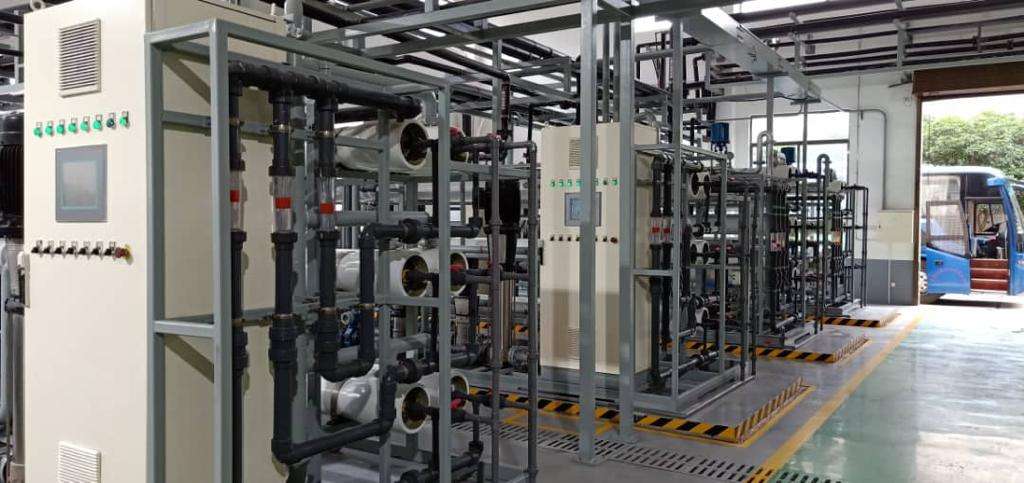Wastewater treatment
Overview
Wastewater treatment is the process of removing contaminants and impurities from water that has been used in homes, industries, and businesses, transforming it into a cleaner state before it is released back into the environment or reused. This treatment involves a series of steps—physical, chemical, and biological—that work together to filter out harmful substances, including solids, chemicals, and pathogens. Overall, processed water plays a crucial role in a wide range of applications, ensuring that water meets the required quality standards for its intended purpose while also supporting sustainability and health objectives.
The primary goal of wastewater treatment is to protect public health and the environment by ensuring that the water returned to natural water bodies is safe and does not harm ecosystems or human communities. It also plays a key role in water conservation efforts, as treated wastewater can be repurposed for various applications, reducing the demand for fresh water sources.
Overall, wastewater treatment is a critical component of modern infrastructure, supporting both environmental sustainability and the well-being of communities.

In need of expert advise?
Don't hesitate to ask a question

- Derwent House, 42-46 Waterloo Road, Wolverhampton, WV1 4XB
- Tel: 01902-458-501
- Email: info@membracon.co.uk
Follow Us
Join our online community to see the latest news around Membracon and our sustainable solutions .
Our Products
- Anode Cells for Electrocoating
- Ultrafiltration Membrane System
- RO Membranes and Systems
- UV Bacterial Control
- Effluent Treatment
- Liquid Filtration Solutions
- Process Tank Integrity Check
- Rectifier
